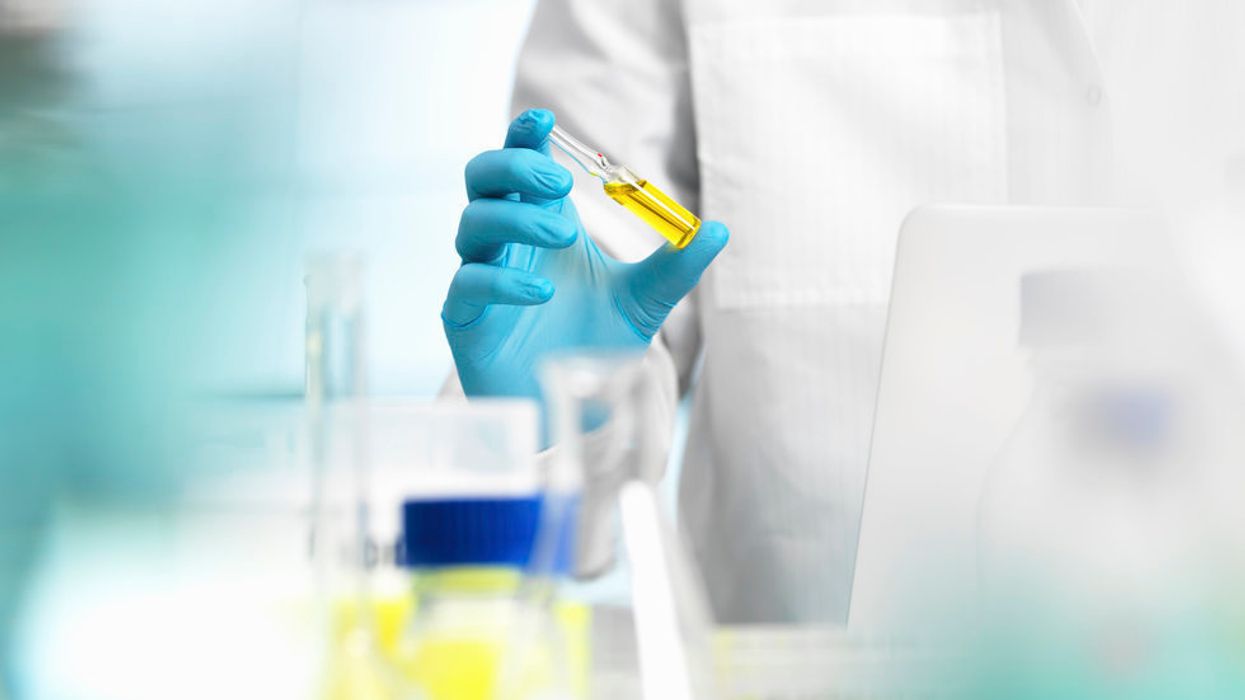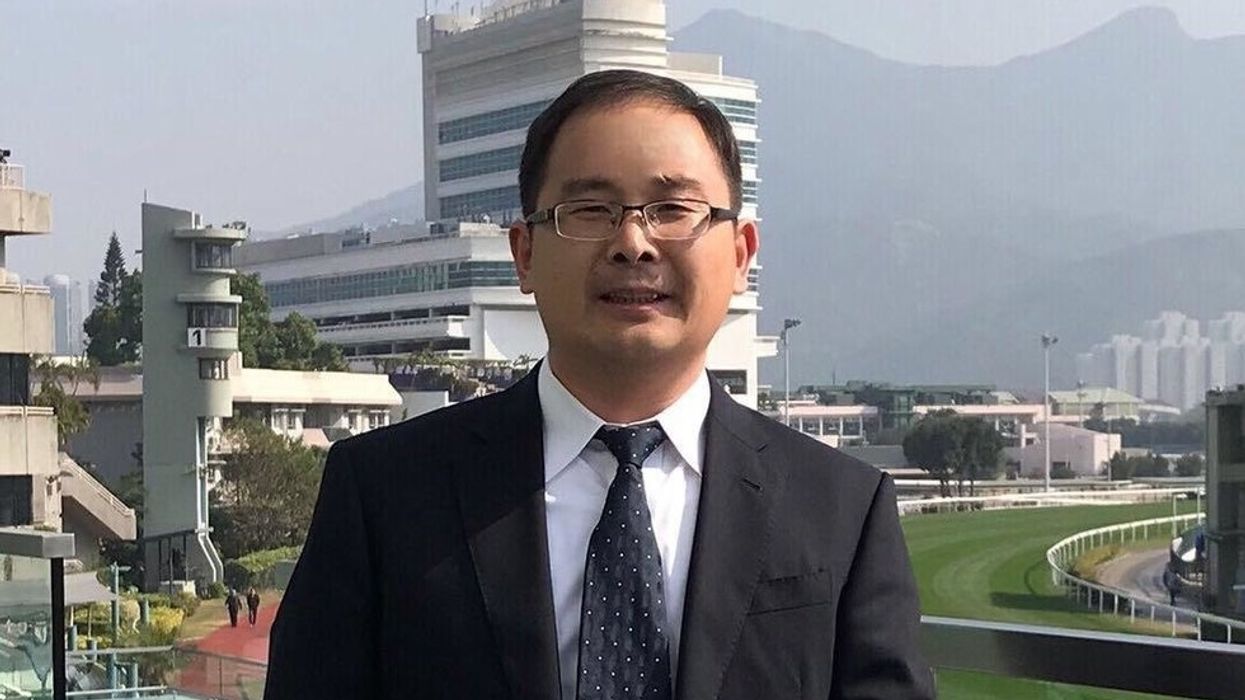The medical community has former governor Rick Perry to thank for a major stride in regenerative medicine.
"He had just gotten elected for the last time and he wanted to leave a legacy. He was tired of people going to Japan or Germany when they needed stem cells," recalls David Eller, chairman, co-founder and CEO of Celltex.
That was 2011, the year that the former president of Dupont Pharmeceuticals-Europe and orthopedic surgeon Dr. Stanley Jones incorporated as Celltex. Perry got the law passed to make it legal to harvest his stem cells, and Jones implanted them while the governor was under the knife for a spinal fusion surgery.
Perry resigned from the Celltex board in 2017, but the truth is, the company no longer needed his clout. Just a year after its debut, the company had in excess of 200 clients, each paying a banking enrollment fee of $6,500. Now, there are close to 1,300.
From research to recovery
Eller is originally from Houston, and he says his hometown is the ideal home base for the company, with its access to the world's largest medical center. The Galleria-area office and lab employ 35 people, with about 50 workers worldwide.
Close to the same time that his friend Perry received his stem cells, Eller also had the treatment in hopes of resolving pain from a college football injury.
"I would go to work and put four to six Advil in my pocket," the CEO recalls.
Within months, all of them remained in his pocket.
But others have had even more dramatic results. Celltex checks in with patients three, six and nine months after their treatments to find out how they're doing. Eighty-three percent of multiple sclerosis patients have reported improvement of symptoms specific to their disease, as have 73 percent of Parkinson's sufferers. But the staggering fact is that 100 percent of 58 respondents with rheumatoid arthritis say they have benefited.
Implementation and the FDA
Celltex's chief scientific officer, Dr. Jane Young, co-authored a study of two severe juvenile rheumatoid arthritis patients whose conditions didn't respond to standard treatments. After trying stem cells, both reported marked improvement in autonomic nervous system and immune function.
Stem cells are gathered through a patient's fat, which can be extracted at any of the 80 facilities around the country that partner with Celltex. The fat is processed at the Houston lab, where processing takes 30 to 35 days.
"We have 15 billion cells in process each day," says Erik Eller, the company's vice president of operations, clarifying that some clients' cells grow faster than others'.
It takes 14 days to come out of cryostasis and leave the lab. From there, the stem cells travel to Hospital Galenia in Cancun, Mexico for implantation, since the FDA categorizes stem cells as a drug if they have expanded as they do at Celltex. That means that a patient cannot use his own stem cells in the United States without a clinical trial. To circumnavigate the red tape, Celltex has simply partnered with the luxurious Mexican hospital.
This is currently the company's biggest challenge, says David Eller, but one he expects to overcome.
"We have very good relations with the US FDA," he says. "They are very interested in what we know. Our approach is really is very progressive and we've grown every year."
Ultimately, Eller hopes to be able to implant stem cells in the United States. But the company's foreign growth is a good start. Celltex is now operating in the Bahamas and is hoping to add Australian extraction facilities sometime this year. They are also in negotiations with a team from Saudi Arabia interested in expanding Celltex to the Middle East.
Other goals for Celltex include improvements both in the realms of sales and revenue and streamlining and improving the safety and efficacy of treatment. Research collaborations with Baylor College of Medicine and Texas A&M will help with the company's medical credibility. This all may help to convince the FDA to allow the Celltex to get a biologics license, the final proof that it is not a drug company. But no matter how it's categorized, Celltex is growing exponentially as its cells.





 Houston-based Ridgeline Therapeutics isn't going to allow you beat aging, but someday it may well help you to live without muscle loss or diabetes. Getty Images
Houston-based Ridgeline Therapeutics isn't going to allow you beat aging, but someday it may well help you to live without muscle loss or diabetes. Getty Images






